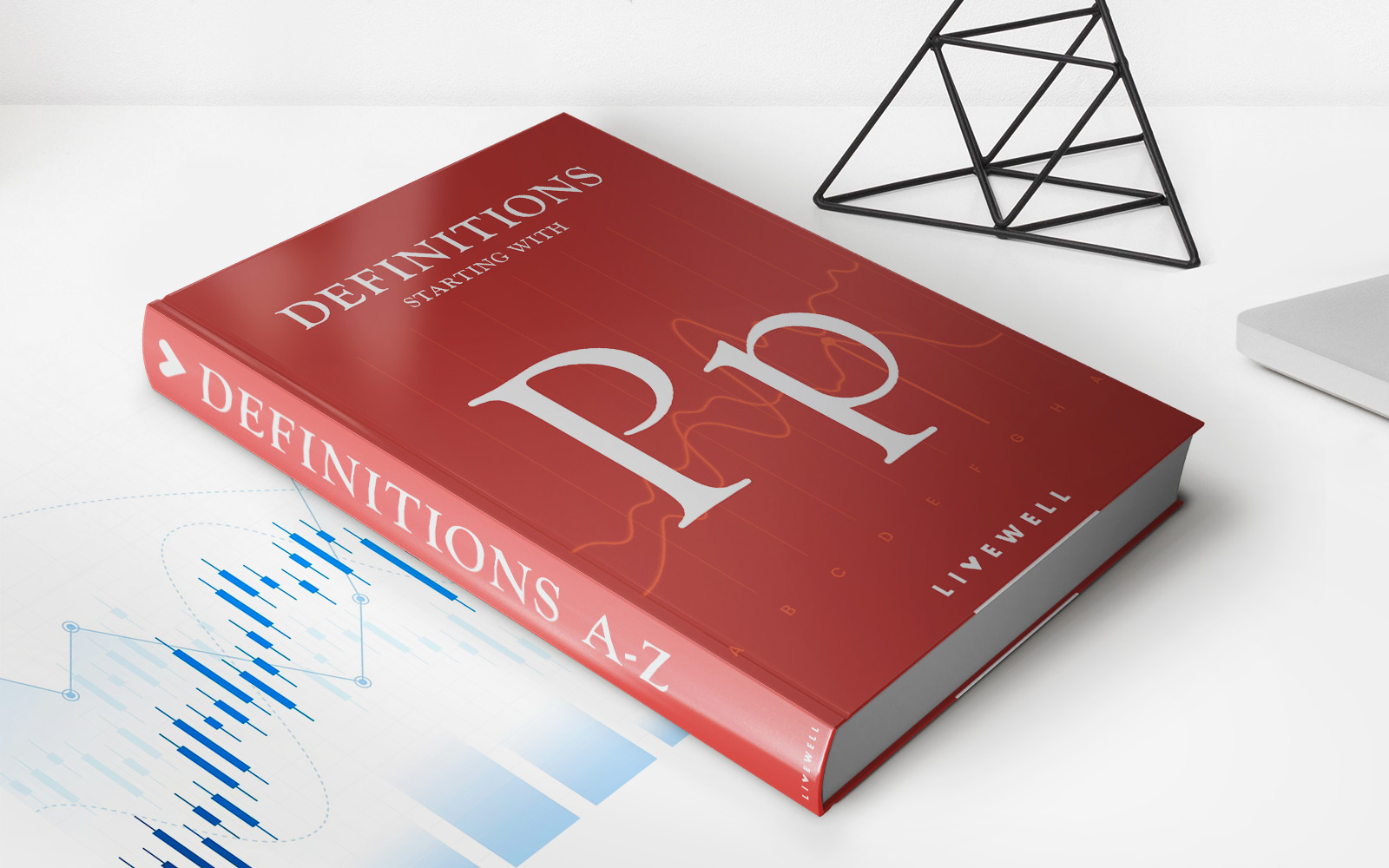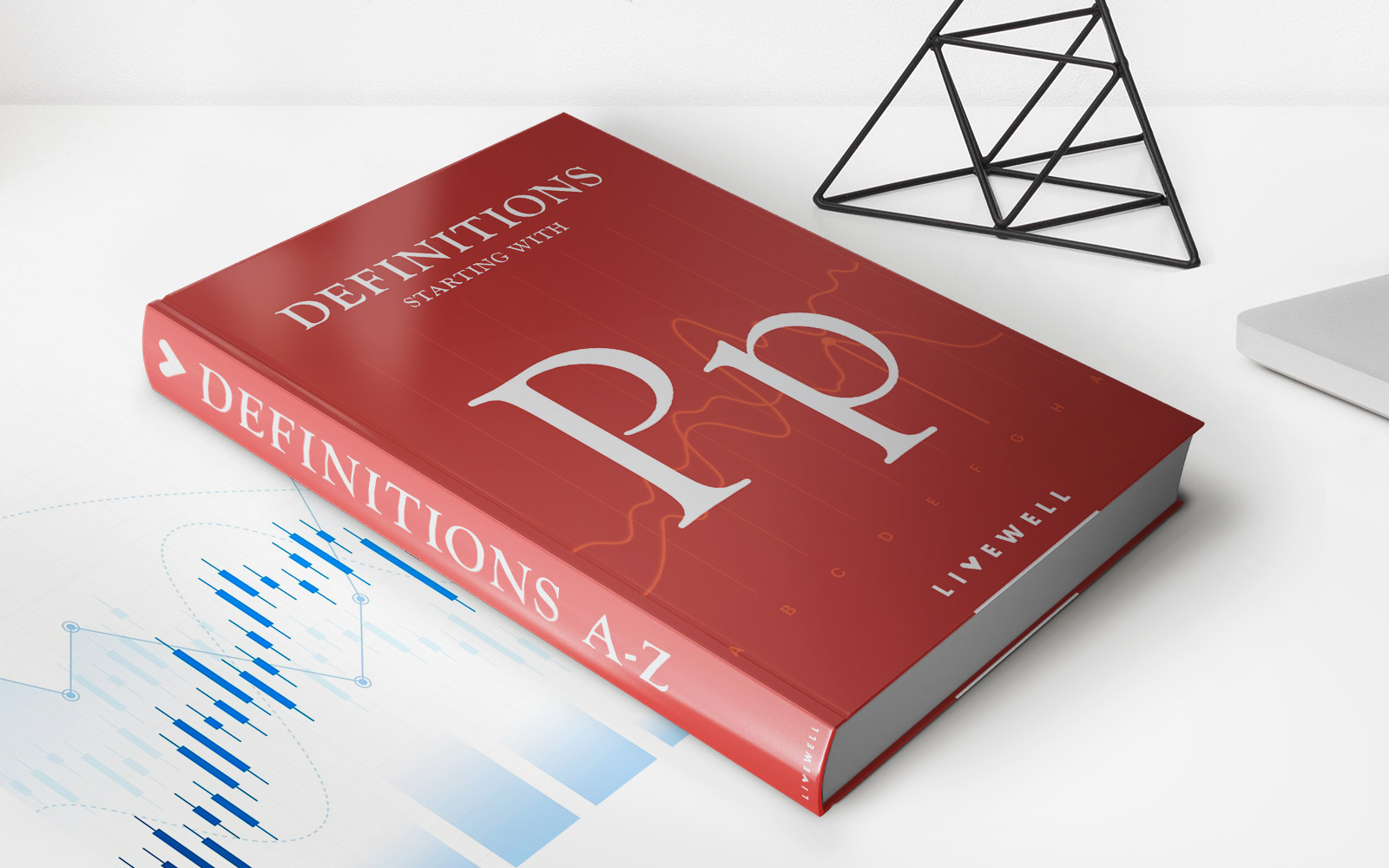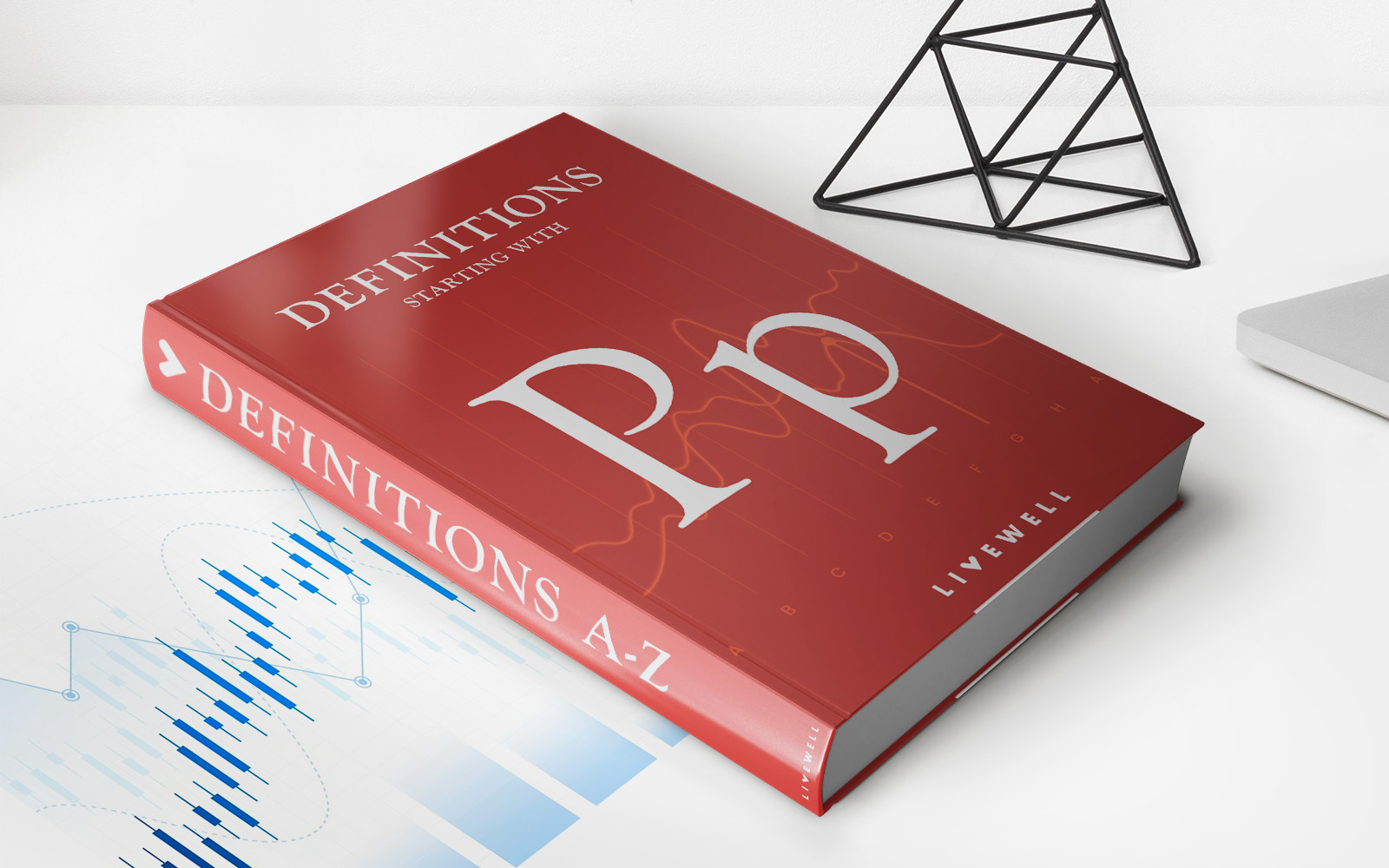Home>Finance>Property Management: Definition, Roles, Types, And Duties


Finance
Property Management: Definition, Roles, Types, And Duties
Published: January 12, 2024
Learn about property management in the world of finance, including its definition, roles, types, and duties. Find out how this crucial field operates and impacts the financial industry.
(Many of the links in this article redirect to a specific reviewed product. Your purchase of these products through affiliate links helps to generate commission for LiveWell, at no extra cost. Learn more)
Property Management: Definition, Roles, Types, and Duties
When it comes to real estate investment and ownership, property management plays a vital role in ensuring the value and profitability of your assets. But what exactly is property management? What are the different roles, types, and duties involved? In this blog post, we will dive into the world of property management and provide you with a comprehensive guide to understanding this crucial aspect of finance.
Key Takeaways:
- Property management involves overseeing and maximizing the value of real estate assets on behalf of the owner.
- Property managers handle a wide range of duties, including tenant screening, rent collection, property maintenance, and financial reporting.
Definition of Property Management
Property management can be defined as the operation, control, and oversight of real estate assets on behalf of the property owner. It involves the day-to-day management and administration of residential, commercial, or industrial properties, ensuring that they are well-maintained, occupied, and profitable.
The Roles of a Property Manager
A property manager takes on various roles to ensure the smooth operation of a property. These roles may include:
- Tenant Acquisition and Screening: Property managers are responsible for finding and attracting potential tenants. They conduct tenant screenings to ensure the selection of reliable and responsible tenants who will pay rent on time and take care of the property.
- Rent Collection: One of the primary responsibilities of property managers is collecting rent from tenants. This includes setting rental rates, invoicing tenants, and pursuing overdue payments.
- Property Maintenance: Property managers oversee the maintenance and repairs of the property. They coordinate with contractors, schedule regular inspections, and ensure that the property meets all safety and building code regulations.
- Lease Management: Property managers handle lease agreements, including drafting, negotiating, and renewing leases. They enforce lease terms and conditions and address any lease violations or disputes.
- Financial Reporting: Property managers maintain accurate financial records, including income and expense statements, budget tracking, and financial reports. They provide regular reports to property owners to keep them updated on the financial performance of their assets.
Types of Property Management
Property management can be classified into various types based on the type of properties being managed. Some common types include:
- Residential Property Management: This involves managing residential properties such as single-family homes, apartments, or condominiums.
- Commercial Property Management: Commercial property management focuses on the management of retail spaces, office buildings, industrial complexes, and other commercial properties.
- HOA Property Management: Homeowners Association (HOA) property management involves managing and overseeing properties within a planned community or development that is governed by an HOA.
- Vacation Rental Property Management: Vacation rental property management specializes in managing short-term rental properties, such as vacation homes, holiday apartments, or Airbnb listings.
Property Management Duties
Property management duties can vary depending on the specific needs and requirements of the property owner and the type of property being managed. However, some common duties include:
- Marketing and Advertising: Property managers are responsible for marketing and advertising vacant properties to attract potential tenants.
- Property Inspections: Regular inspections are conducted by property managers to ensure that the property is well-maintained and complies with safety standards.
- Tenant Relations: Property managers act as a point of contact for tenants, addressing their concerns, resolving issues, and ensuring a positive tenant experience.
- Legal Compliance: Property managers must stay updated with local, state, and federal laws and regulations related to property management and ensure compliance.
- Emergency Response: Property managers are responsible for handling emergencies, such as floods or fires, and taking prompt action to mitigate damage and ensure tenant safety.
Property management is a complex field that requires expertise in various areas, including finance, marketing, legal matters, and tenant relations. Hiring a professional property management company can provide property owners with peace of mind and help them maximize the returns on their real estate investments.
Whether you own a residential property, commercial space, or vacation rental, understanding the roles, types, and duties of property management is crucial to ensure the success and profitability of your real estate assets. So, if you’re looking to make the most out of your property investment, consider the invaluable services offered by property management professionals.














